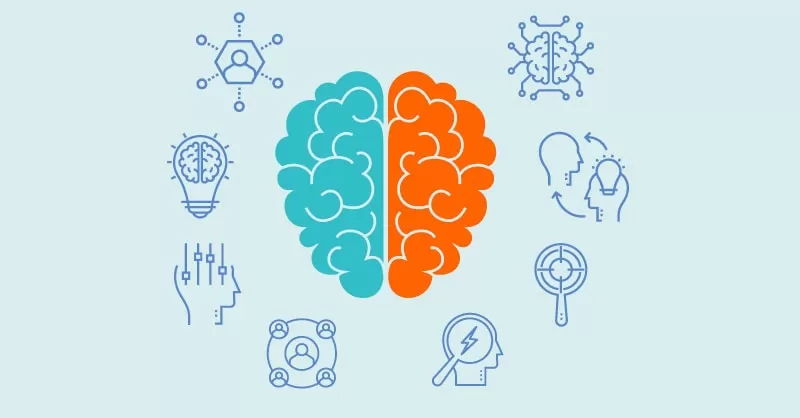The ISTJ, often referred to as “The Inspector” or “The Logistician,” is one of the 16 personality types defined by the Myers-Briggs Type Indicator (MBTI). This personality type is characterized by a set of distinctive traits and preferences that influence how individuals perceive and interact with the world. Understanding the key characteristics of the ISTJ personality can provide valuable insights into their behavior, motivations, and contributions to various aspects of life.
Key Traits of ISTJ:
- Introversion (I): ISTJs are introverted individuals who gain energy from spending time alone or in small, close-knit groups. They tend to be reserved and private, preferring depth in their relationships over a large social circle.
- Sensing (S): The sensing trait reflects the ISTJ’s preference for concrete, practical information. They are detail-oriented and rely on facts and evidence when making decisions, often focusing on the present rather than speculating about the future.
- Thinking (T): ISTJs are thinking types, meaning they make decisions based on logic and objective analysis rather than emotional considerations. They approach problem-solving with a rational and systematic mindset.
- Judging (J): The judging trait indicates that ISTJs prefer structure and organization in their external environment. They value planning, order, and clear guidelines, often striving to bring closure to tasks and projects.
Characteristics of ISTJ:
- Reliable and Responsible: ISTJs are known for their reliability and sense of duty. They are committed to fulfilling their responsibilities and take pride in completing tasks with precision and accuracy.
- Detail-Oriented: With a keen eye for detail, ISTJs excel in tasks that require a systematic and methodical approach. They are thorough in their work and pay close attention to the specifics.
- Organized Planners: ISTJs thrive in structured environments where they can plan and organize effectively. They are skilled at creating detailed schedules and following through on commitments.
- Loyal and Trustworthy: In relationships, ISTJs are loyal and trustworthy companions. They value long-term commitments and are dedicated to supporting those they care about.
- Challenges of ISTJ:
While ISTJs possess many strengths, they may encounter challenges in areas that require flexibility and spontaneity. Adapting to unexpected changes or embracing new, unstructured situations can be uncomfortable for them. Additionally, their focus on facts and logic may sometimes lead to difficulties in understanding and addressing emotional nuances in themselves and others.
Career Paths for ISTJ:
Given their preference for structure and organization, ISTJs often excel in careers that involve attention to detail and adherence to established procedures. Common career paths for ISTJs include roles in finance, law, engineering, administration, and project management.
Conclusion:
In conclusion, the ISTJ personality type brings a valuable set of qualities to various aspects of life. Their reliability, attention to detail, and commitment make them assets in both personal and professional contexts. Understanding the unique characteristics of the ISTJ can foster effective communication and collaboration, allowing individuals of this type to contribute meaningfully to their communities and workplaces.

